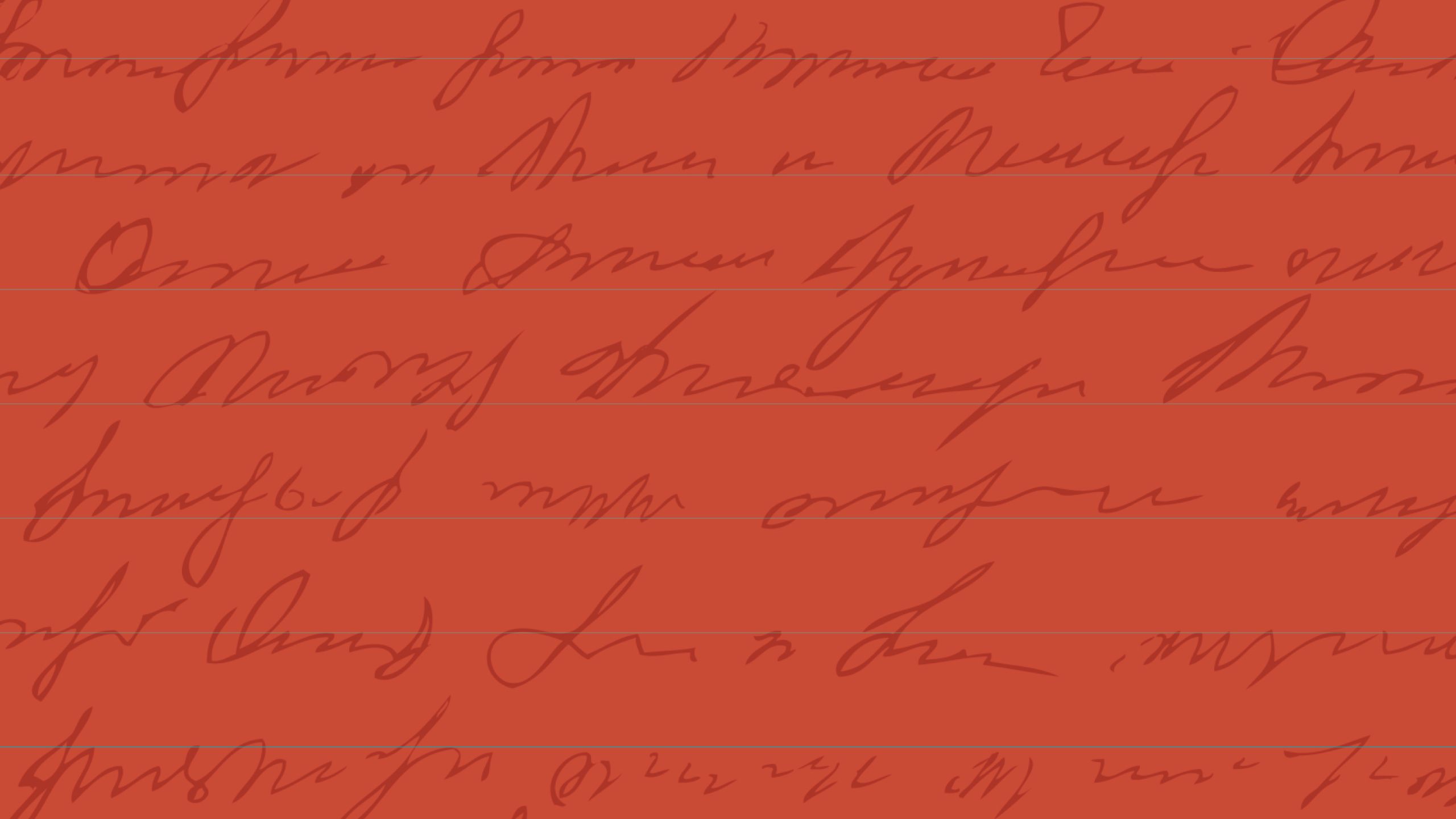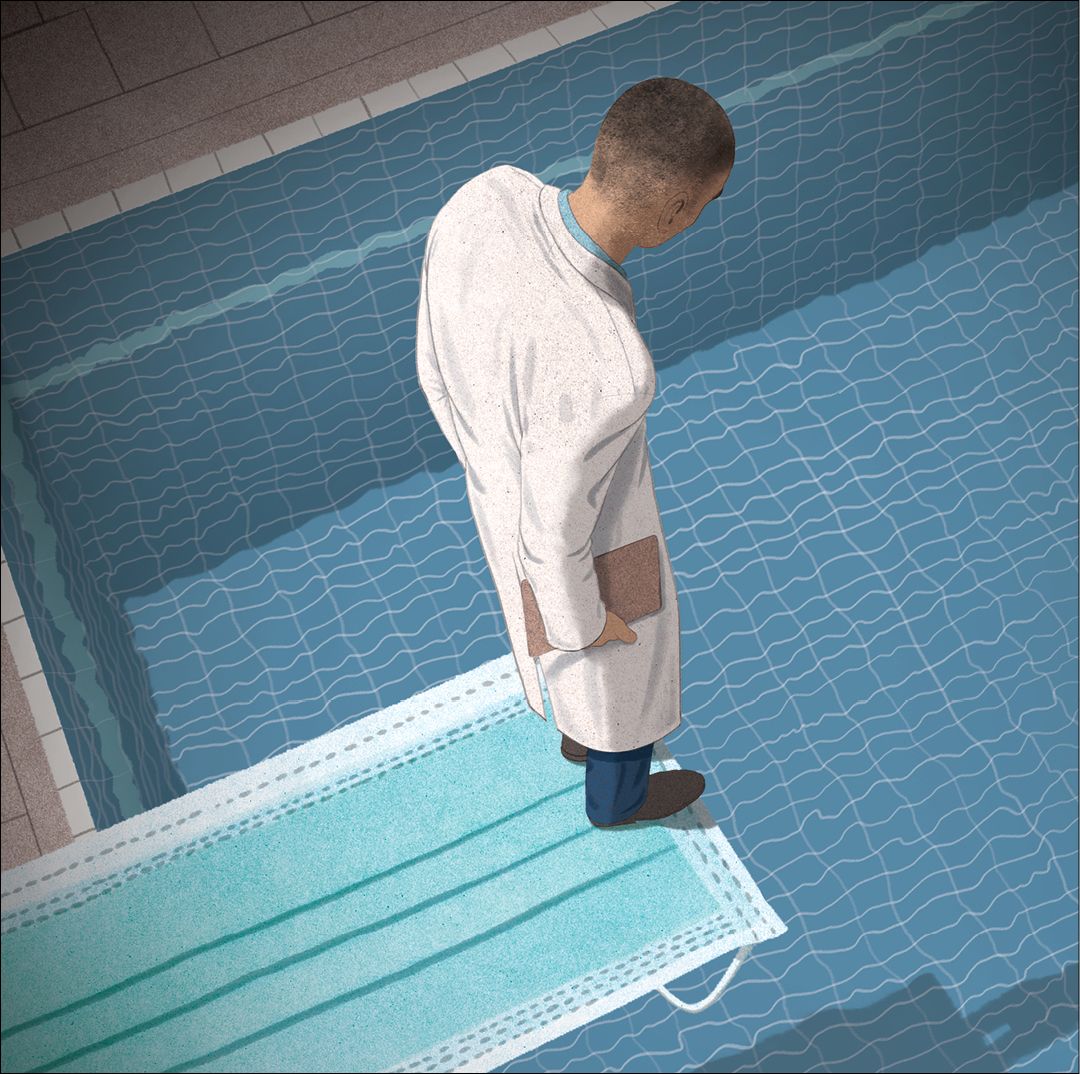Our Year of Living Dangerously | Malebranche

Getting Back to ‘Normal’
By David Malebranche M96
Malebranche is an alumnus of Emory School of Medicine and an Atlanta-based internal medicine physician.

I am a physician. A scientist. A researcher. I understand the inner workings and rationale behind clinical trials, study analyses, and the development of public health guidelines.
I am also a Black man, a same-gender-loving man, and a person living with HIV who is trying to get by during the COVID-19 era, just like everyone else. This pandemic has affected me much more than I would care to admit, which makes me, above all things, human.
So while many have celebrated the latest CDC guidelines on the fully vaccinated being able to go maskless as a short-term victory, my feelings are more mixed. The start of the pandemic seemed surreal to me. My father had just passed away in upstate New York. I had taken an unpaid leave of absence from work to be with my mother and help her handle my father’s possessions, sell their home of 20-plus years, and facilitate her safe pilgrimage to California to live with my sister.
It was mid-January 2020, and the rumblings in the US of a new, fatal virus were faint. They quickly became louder. By March, hospitals began overflowing with COVID patients. Medical staff were becoming burnt out and systems were overwhelmed.
Then came the shutdowns of public spaces and events. Mask mandates. Travel restrictions. Physical distancing requirements that became thinly veiled experiments in human tolerance of social isolation.
It hit closer to home when friends who were feeling ill or had tested positive for the coronavirus started calling me for medical advice. Some were hospitalized; others fought through their symptoms at home. One friend died on an early spring day only months after celebrating his 40th birthday. Daily social media postings from friends and colleagues detailed how loved ones had succumbed to
the disease.
It has felt like one hazy, protracted nightmare that I sometimes thought I would never awake from. Some days I found it hard to get out of bed and function. Fortunately, we began getting some good news. Vaccines were quickly developed, tested, and distributed in record time. I got mine as soon as I knew I would be going back to seeing patients. Now, as rates of new infections, hospitalizations, and deaths have been dropping, restrictions are being lifted.
CDC’s new guidelines inform me that, as someone who is fully vaccinated, I can “resume activities that I did prior to the pandemic.” That means I can often go maskless. The physician and scientist in me leapt for joy upon hearing these evidence-based recommendations. The human in me, however, isn’t as enthusiastic.
Nothing for me is “normal” anymore. While I feel somewhat safer after being vaccinated, I still cringe knowing the element of narcissistic American culture that hijacked the pandemic narrative for the past year is still out there in droves. Too many Americans don’t care about anyone’s health but their own, and that frightens me. I find myself longing for scientists to develop a vaccination to protect me from their particular brand of self-centered recklessness and stupidity that could injure me or someone I love.
Despite being a fully vaccinated physician, researcher, and scientist, I’m a human being who is afraid of this virus.
During the pandemic, we all had to grow increasingly comfortable with uncertainty, especially about what the future holds. COVID, and the subsequent public health measures deployed to fight it, have taken a toll on mental health for many people , who are experiencing depression, feelings of isolation, anxiety, insomnia, and more. Much has been said about this generation of youth and the negative emotional impact this has had on schoolchildren.
COVID has presented us—children and adults alike—with a particularly insidious form of trauma for more than a year now. A microscopic organism few had ever heard of before 2020 has forced us to rely on Zoom calls, FaceTime, elbow bumps, and head nods when really all we long for are in-person conversations, handshakes, and long hugs.
The COVID pandemic has left a scar on me that will take some time to heal, and I don’t know whether I’m quite ready to fully ditch the mask and place my trust in a country that has yet to earn it.
This is an excerpt from an article that ran in STATnews.com.


